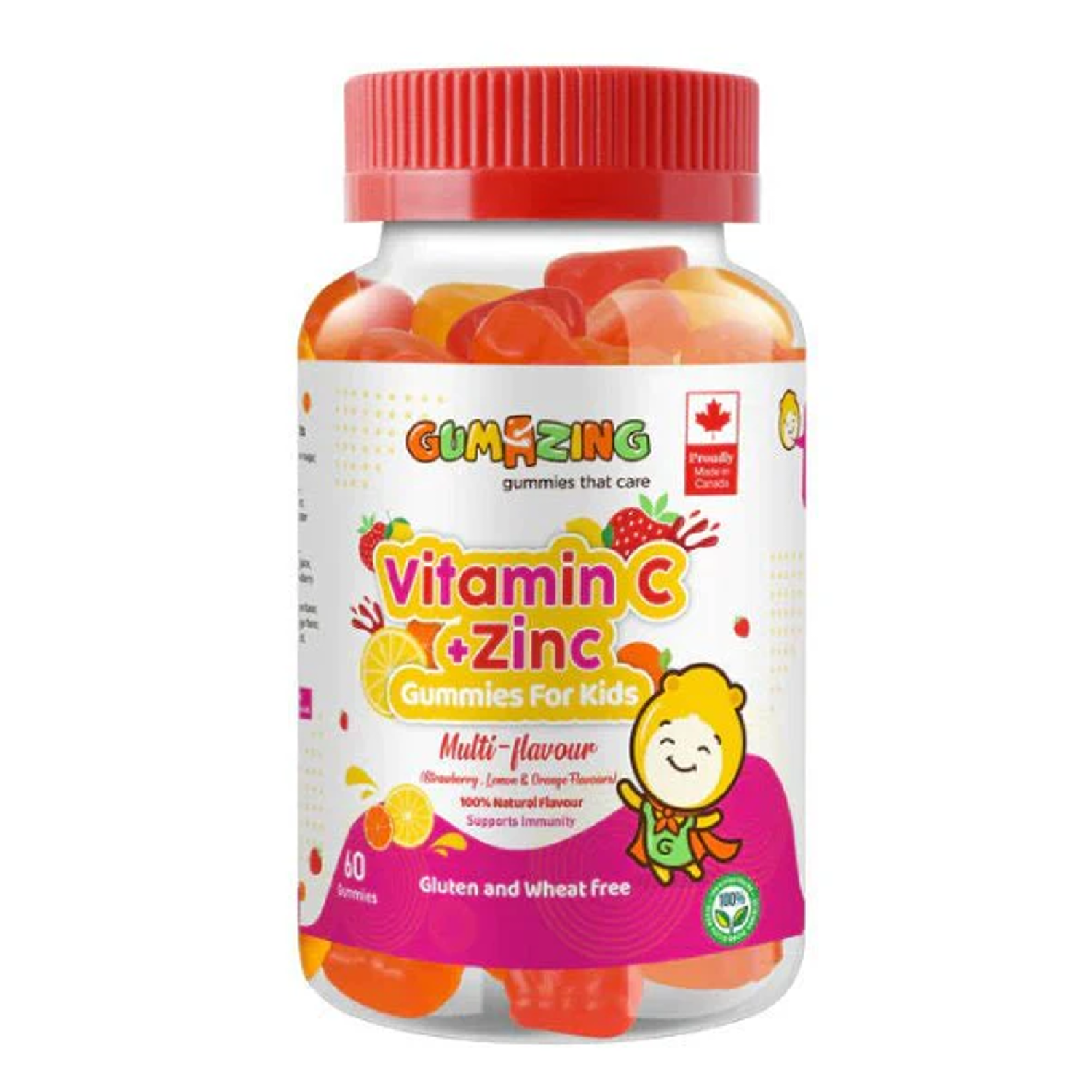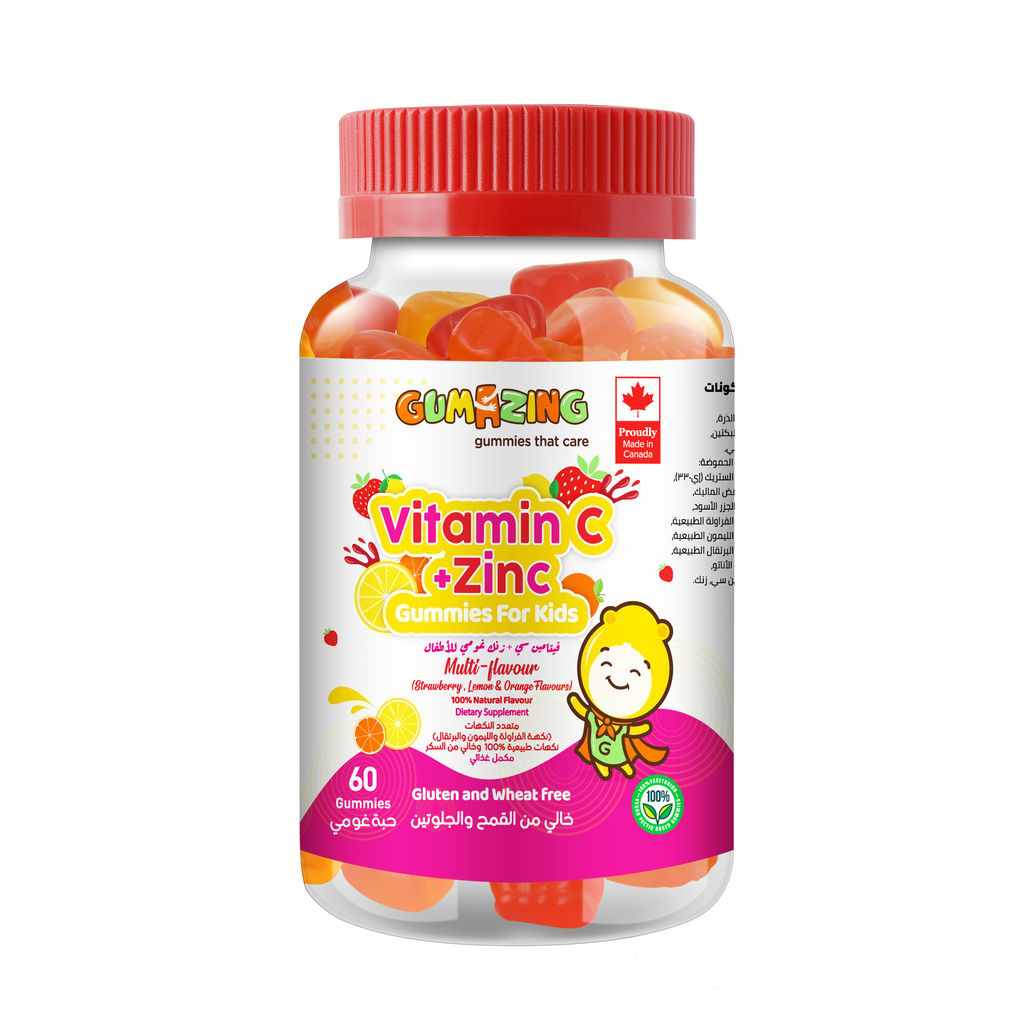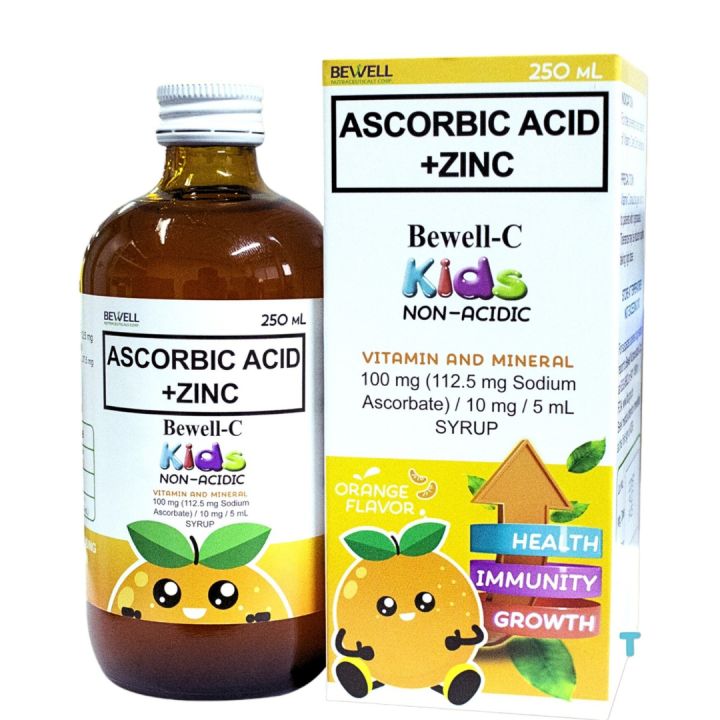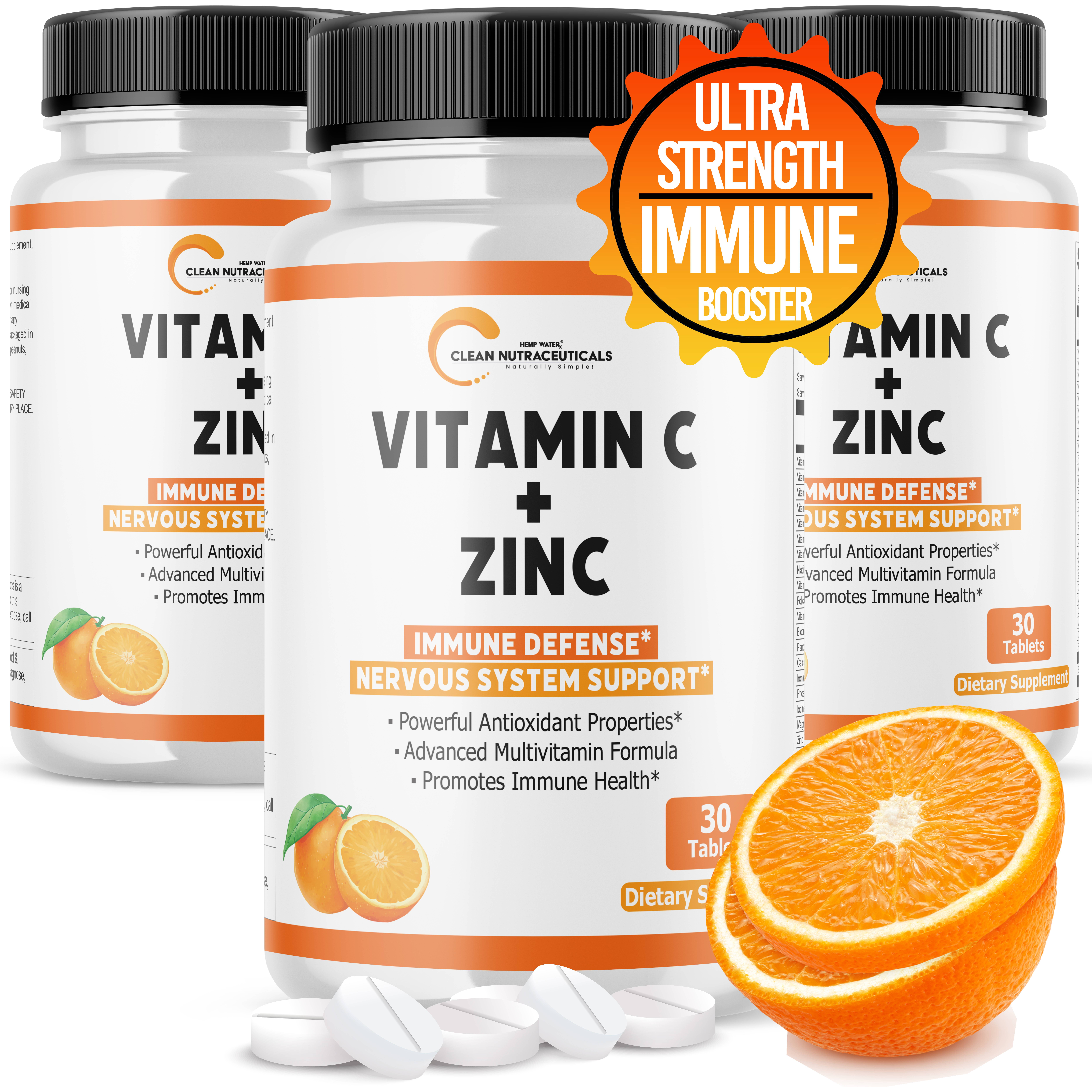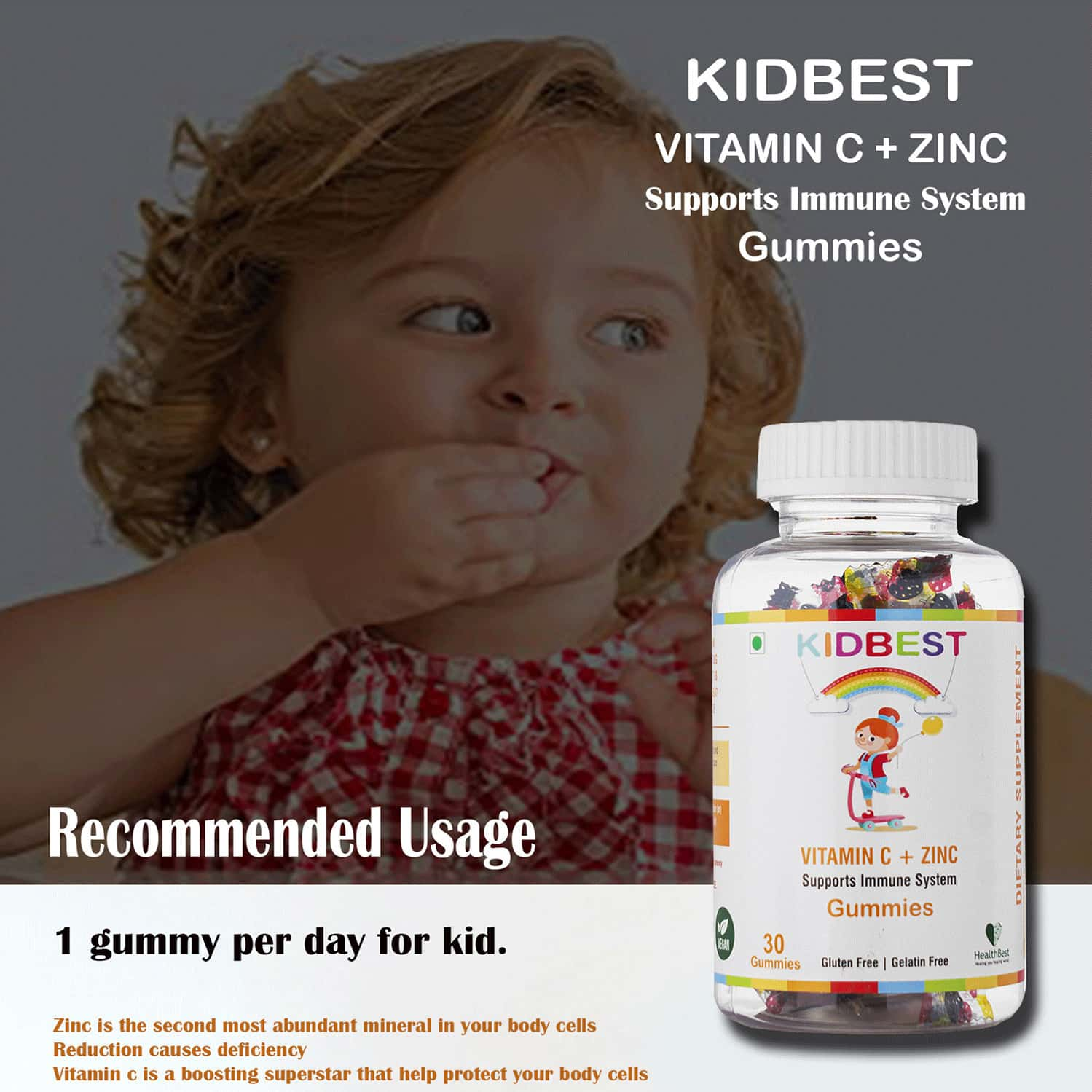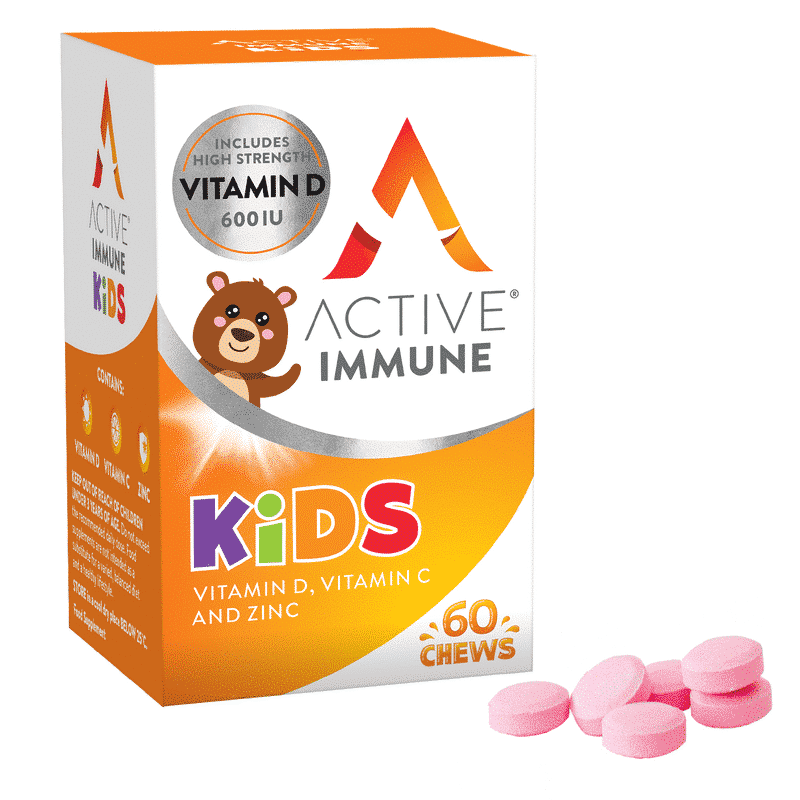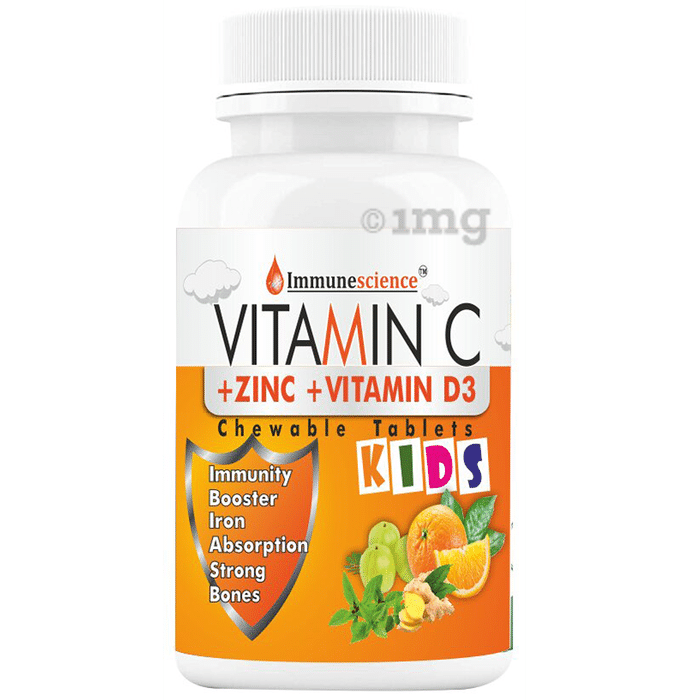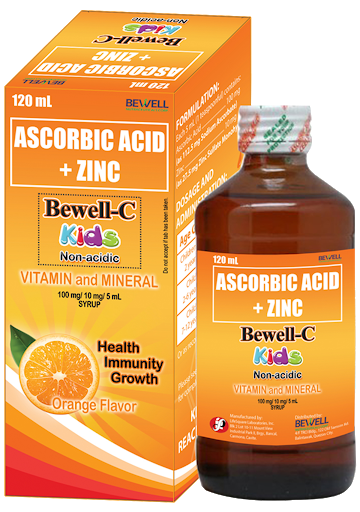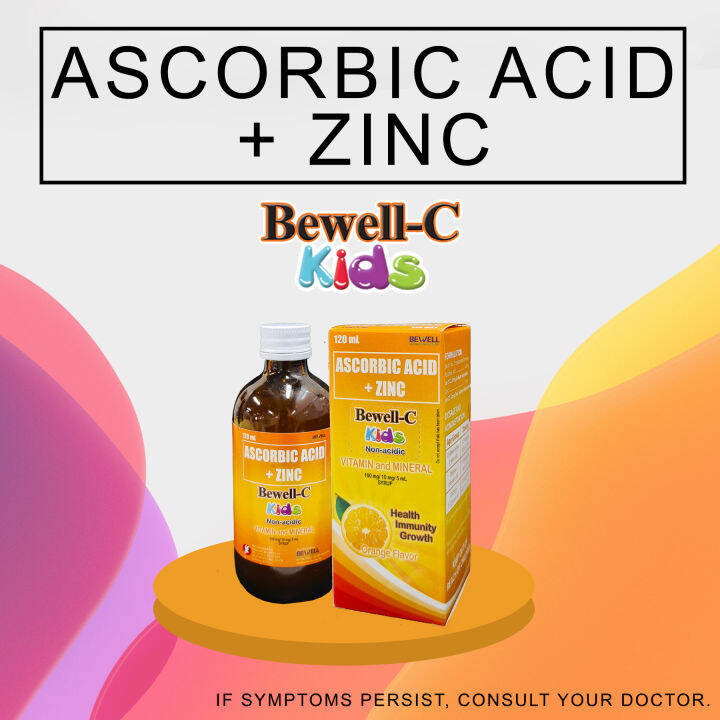Vitamin C And Zinc For Kids

As cold and flu season approaches, many parents are looking for ways to boost their children's immune systems. Two supplements often touted for their immune-supporting properties are Vitamin C and Zinc. But are these nutrients truly effective for kids, and what do parents need to know before adding them to their children's diets?
This article explores the science behind Vitamin C and Zinc, examining their roles in immune function, recommended dosages for children, potential benefits, and possible risks. It aims to provide parents with evidence-based information to make informed decisions about their children's health.
The Role of Vitamin C and Zinc in Immunity
Vitamin C, also known as ascorbic acid, is an essential nutrient that plays a crucial role in various bodily functions, including immune system support. It acts as an antioxidant, protecting cells from damage caused by free radicals.
Vitamin C also supports the production and function of white blood cells, which are critical for fighting off infections. It contributes to the integrity of the skin and mucous membranes, acting as a barrier against pathogens.
Zinc is another essential mineral that is vital for immune function, growth, and development. It is involved in numerous enzymatic reactions and processes within the body.
Zinc supports the development and function of immune cells, including neutrophils and natural killer cells. It helps regulate the inflammatory response and is essential for wound healing.
Recommended Dosages for Children
The recommended daily intake of Vitamin C and Zinc varies depending on a child's age. The National Institutes of Health (NIH) provides guidelines for these nutrients.
For Vitamin C, the recommended daily allowances are: infants 0-6 months (40 mg), infants 7-12 months (50 mg), children 1-3 years (15 mg), children 4-8 years (25 mg), and children 9-13 years (45 mg). For Zinc, the recommendations are: infants 0-6 months (2 mg), infants 7-12 months (3 mg), children 1-3 years (3 mg), children 4-8 years (5 mg), and children 9-13 years (8 mg).
It's important to note that these are just general guidelines and individual needs may vary. Consulting with a pediatrician or registered dietitian is always recommended to determine the appropriate dosages for a specific child.
Potential Benefits of Supplementation
Some studies suggest that Vitamin C and Zinc supplementation may offer certain benefits for children, particularly in reducing the duration and severity of colds. However, the evidence is not always conclusive, and more research is needed.
A 2017 review published in Nutrients found that Vitamin C supplementation might slightly reduce the duration of cold symptoms in children. Another study indicated that Zinc supplementation could shorten the duration of colds and reduce the severity of symptoms in children.
It is crucial to remember that these supplements are not a cure for colds or other illnesses. They may help support the immune system, but a healthy diet, adequate sleep, and good hygiene practices are essential for overall health and well-being.
Potential Risks and Side Effects
While Vitamin C and Zinc are generally considered safe for children when taken in appropriate doses, excessive intake can lead to adverse effects. High doses of Vitamin C may cause diarrhea, nausea, and stomach cramps.
Excessive Zinc intake can interfere with the absorption of other minerals, such as copper and iron. It may also cause nausea, vomiting, and abdominal pain. In rare cases, very high doses of Zinc can lead to more serious health problems.
It is crucial for parents to follow the recommended dosages and to consult with a healthcare professional before giving Vitamin C or Zinc supplements to their children. Some children may have underlying health conditions or be taking medications that could interact with these supplements.
Food Sources of Vitamin C and Zinc
A balanced diet rich in fruits, vegetables, and whole grains can provide adequate amounts of Vitamin C and Zinc for most children. Excellent sources of Vitamin C include citrus fruits, berries, peppers, and broccoli.
Good sources of Zinc include meat, poultry, seafood, beans, nuts, and whole grains. Encouraging children to eat a variety of these foods can help ensure they get enough of these essential nutrients.
"Prioritizing a healthy and balanced diet is the best approach to supporting children's immune systems. Supplements should only be considered under the guidance of a healthcare professional," advises Dr. Emily Carter, a pediatrician specializing in pediatric nutrition.
Conclusion
Vitamin C and Zinc are important nutrients that play a role in immune function. While supplementation may offer some benefits, it is not a substitute for a healthy diet and lifestyle.
Parents should consult with their pediatrician or a registered dietitian to determine if Vitamin C and Zinc supplements are appropriate for their children and to ensure that they are taken in safe and effective dosages. Focus on providing a balanced diet rich in fruits, vegetables, and whole grains to support children's overall health and well-being.
Ultimately, informed decision-making, guided by professional medical advice, is crucial when considering Vitamin C and Zinc supplementation for children.


